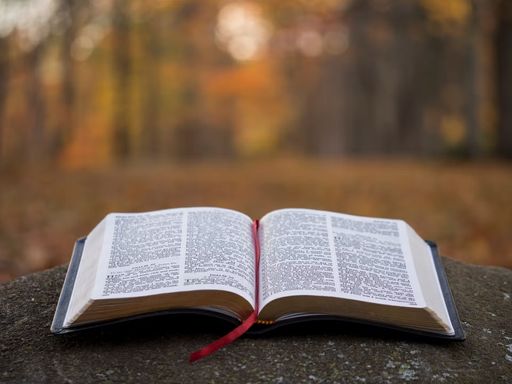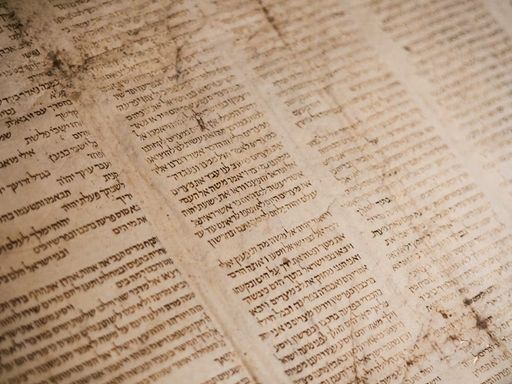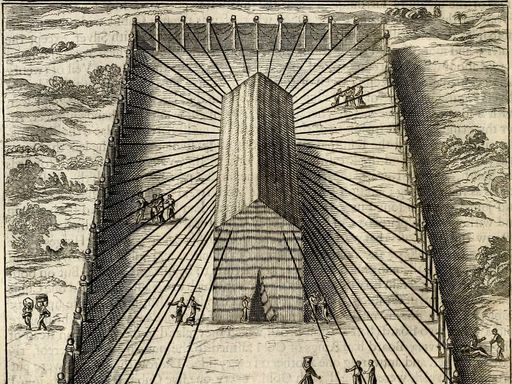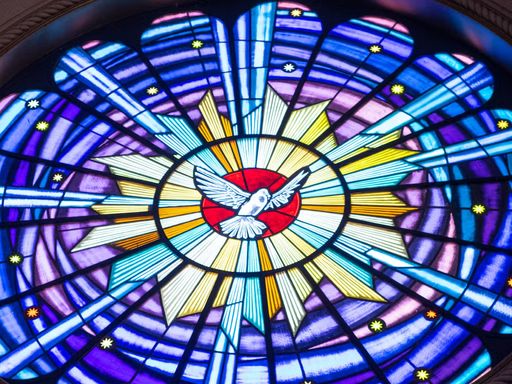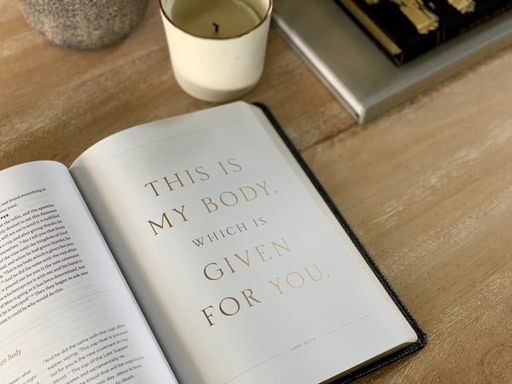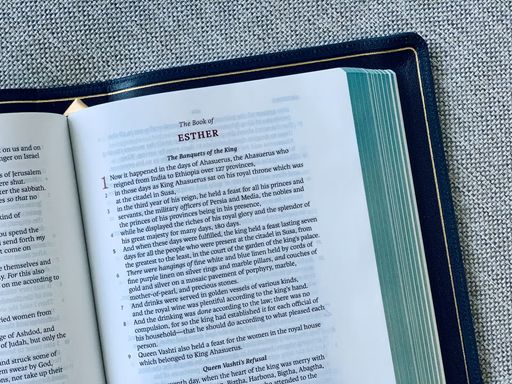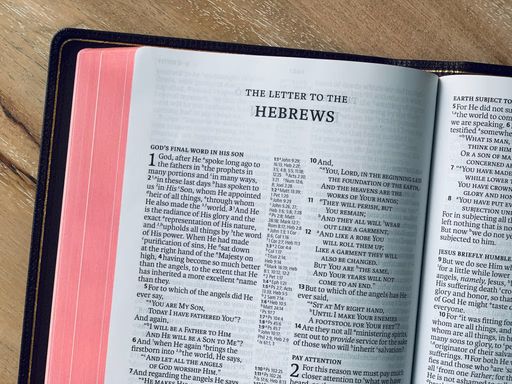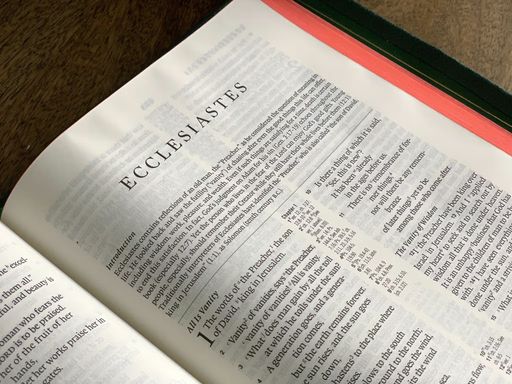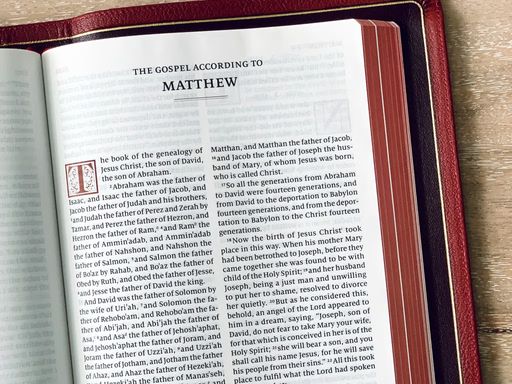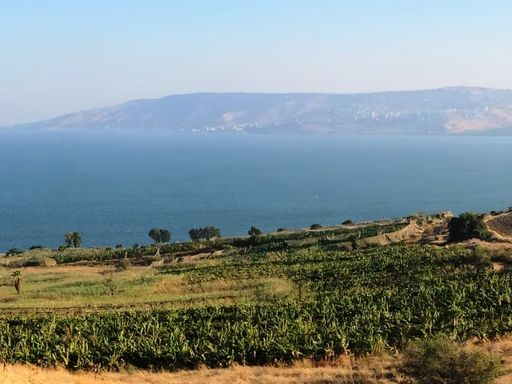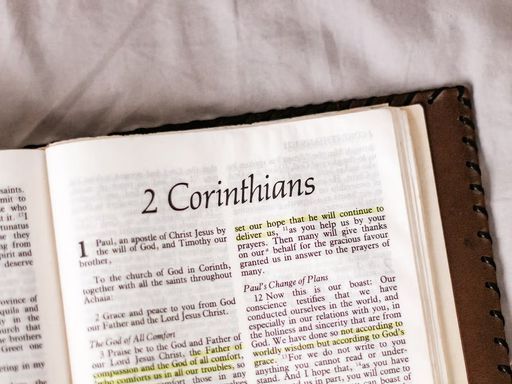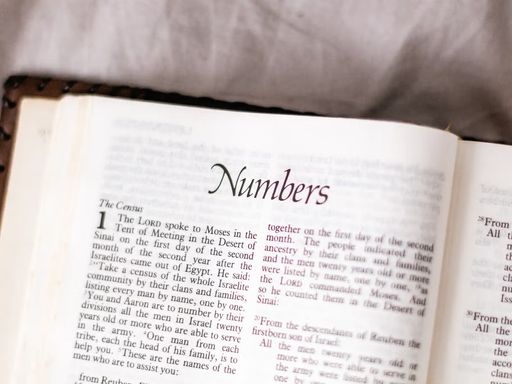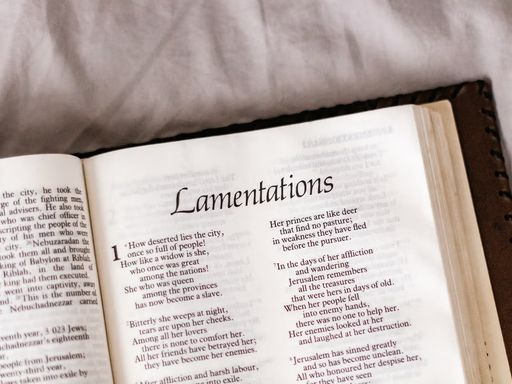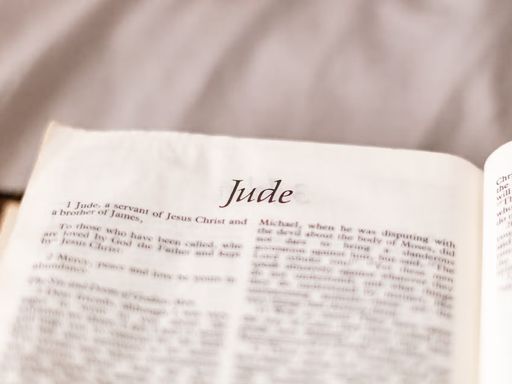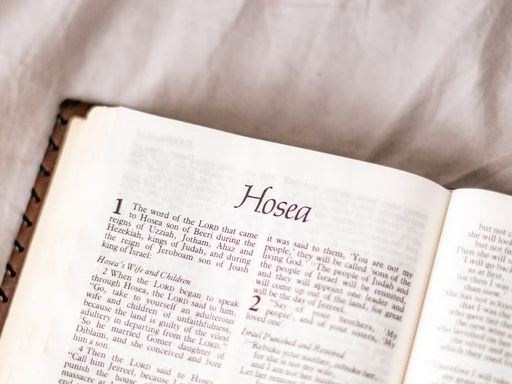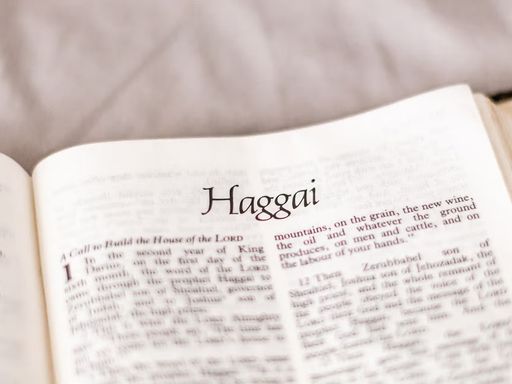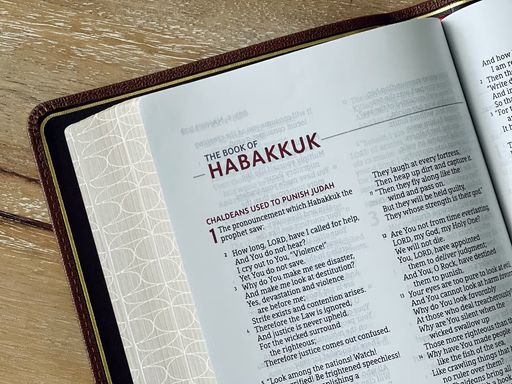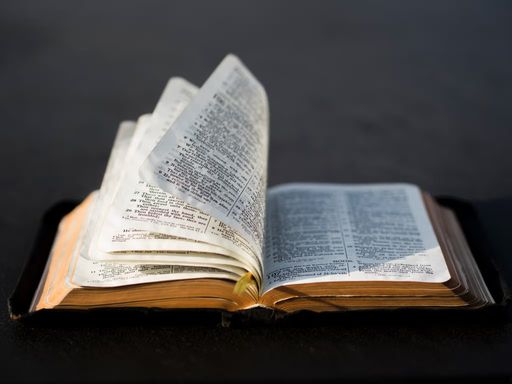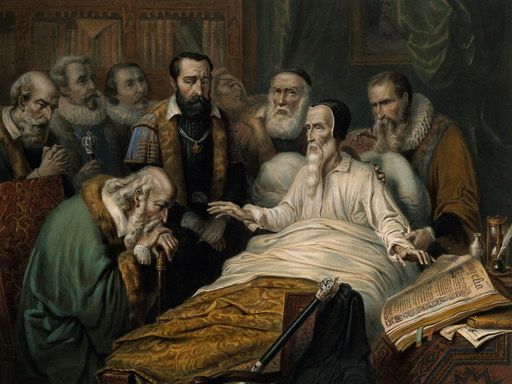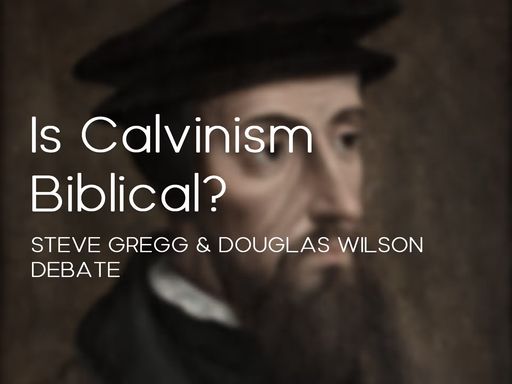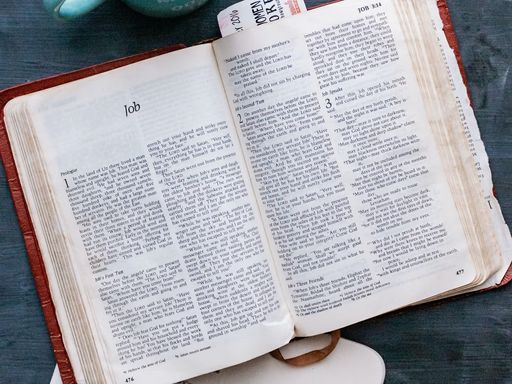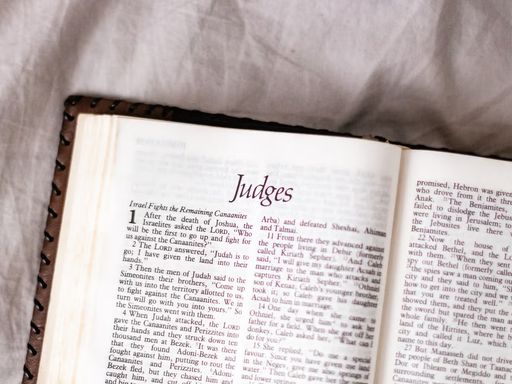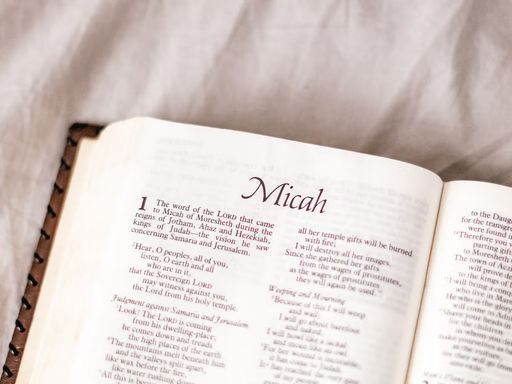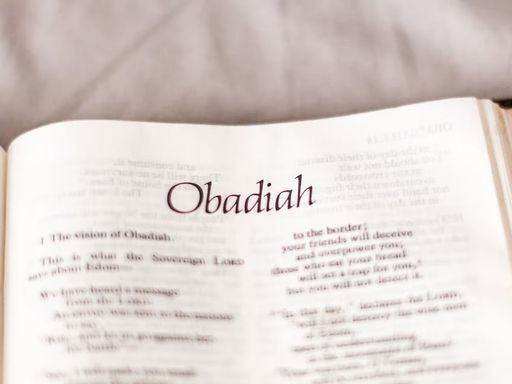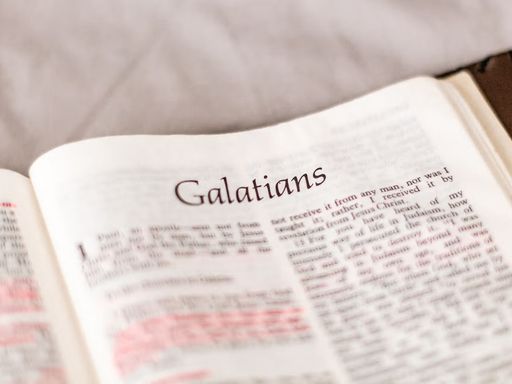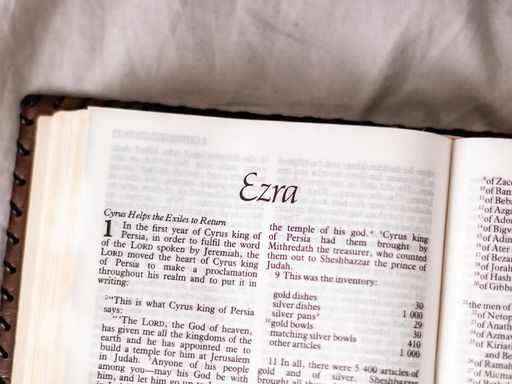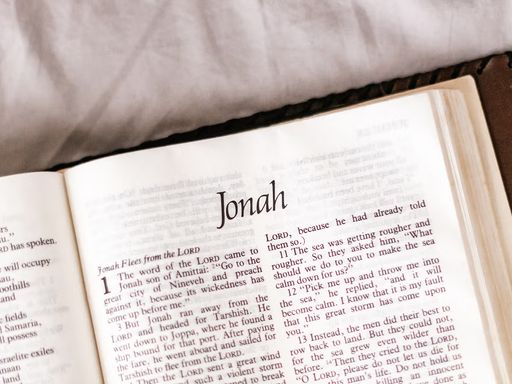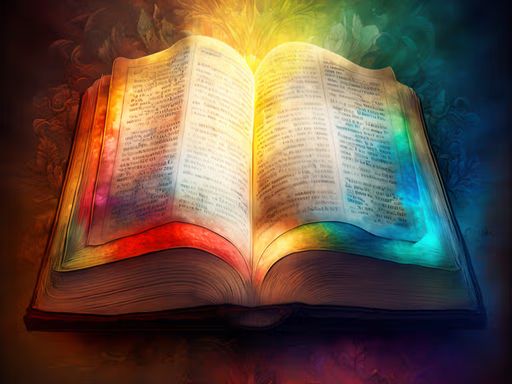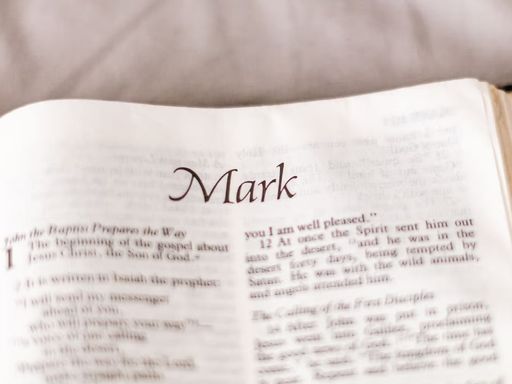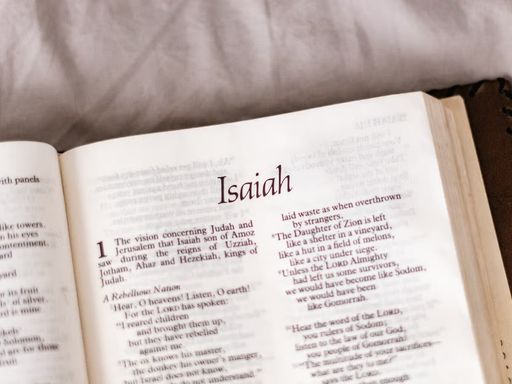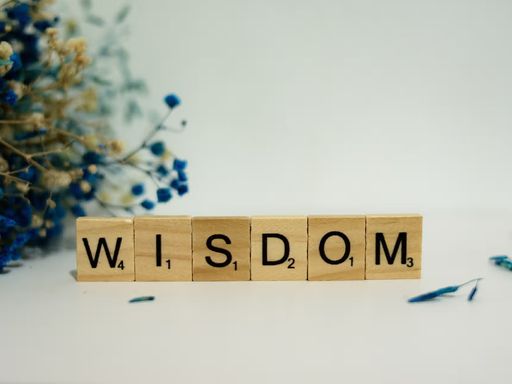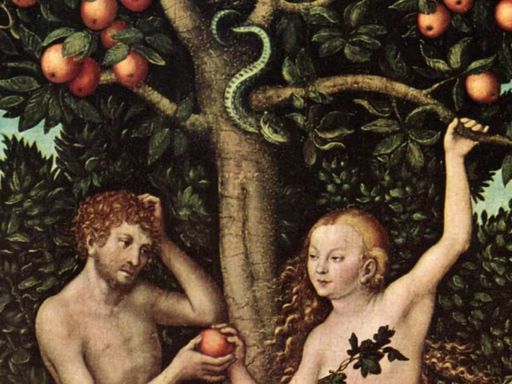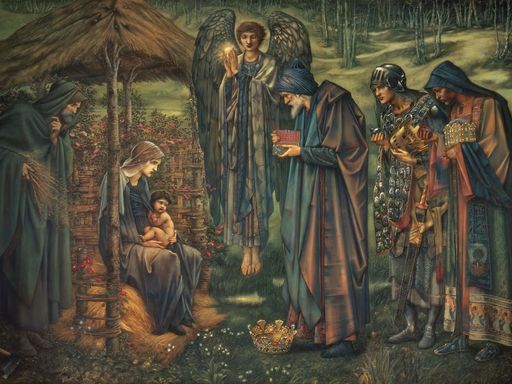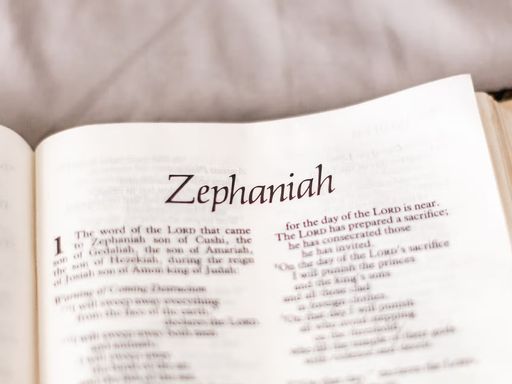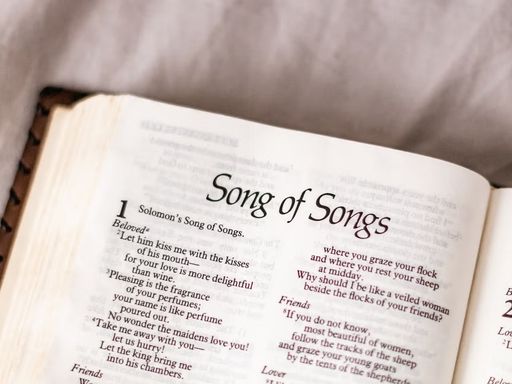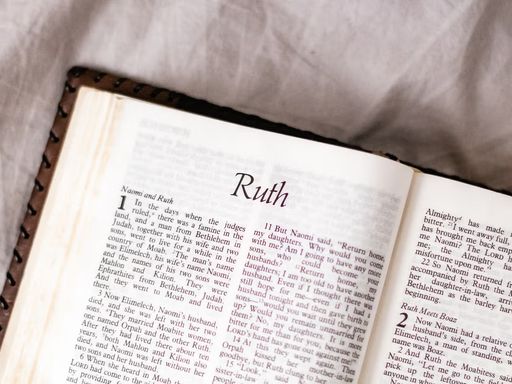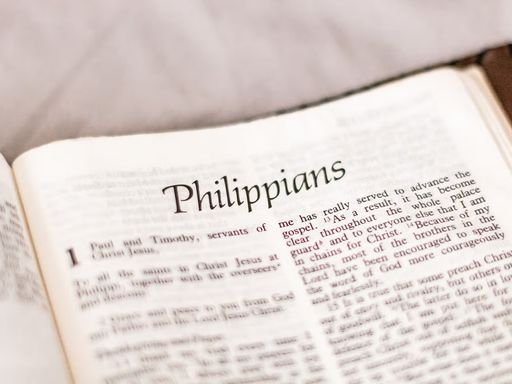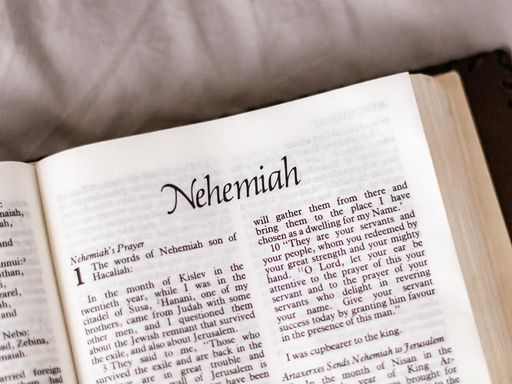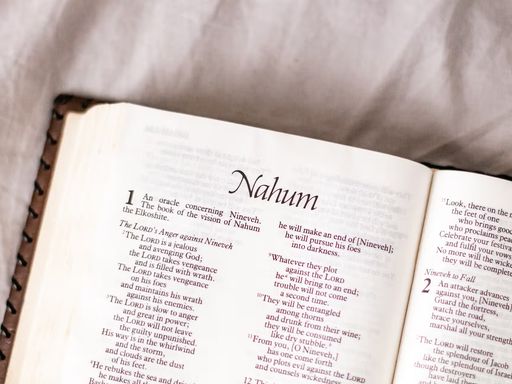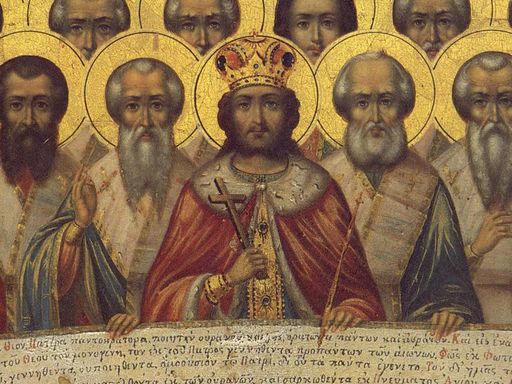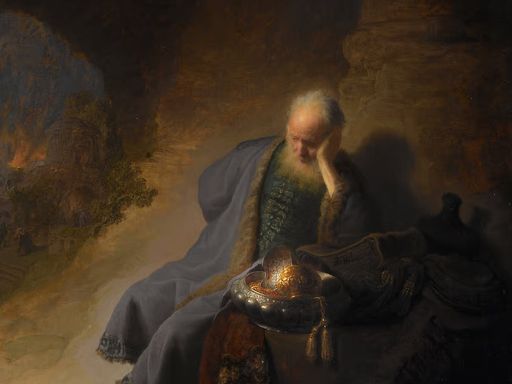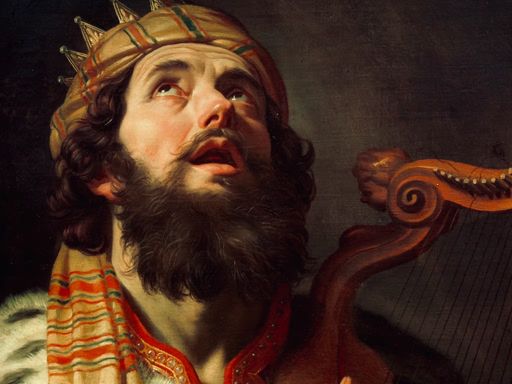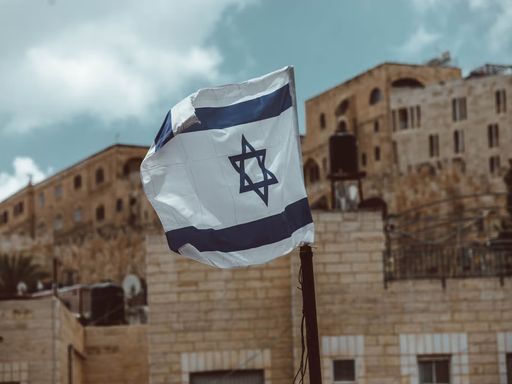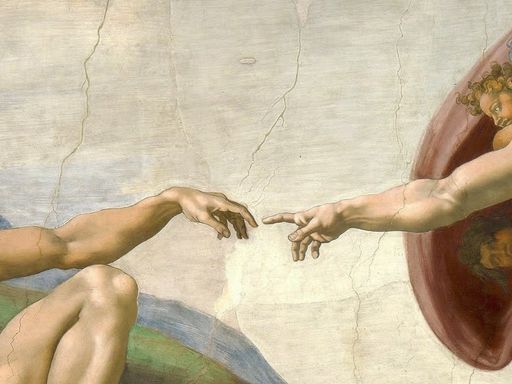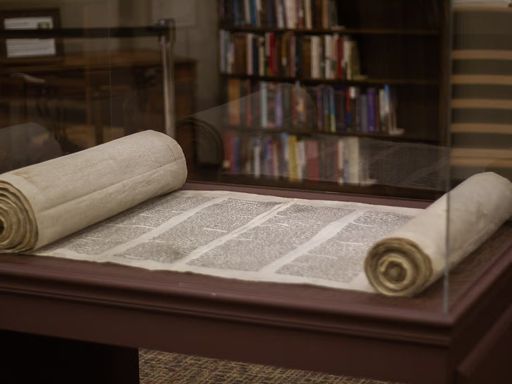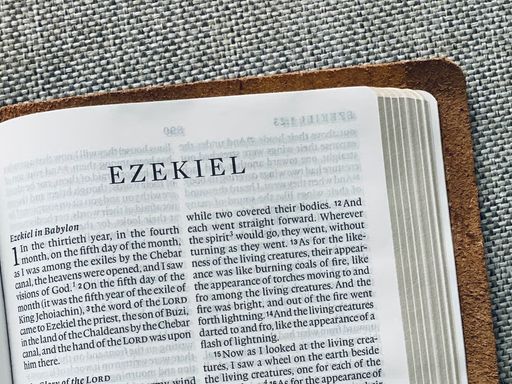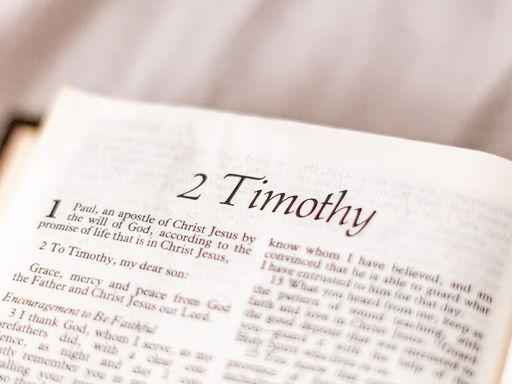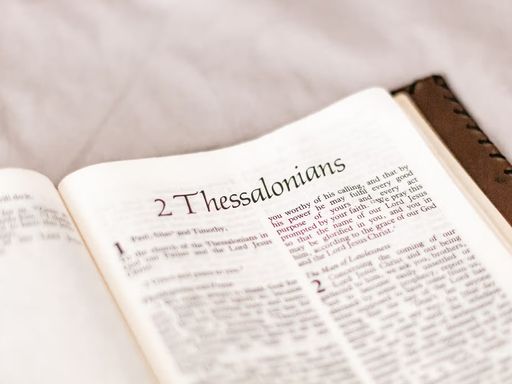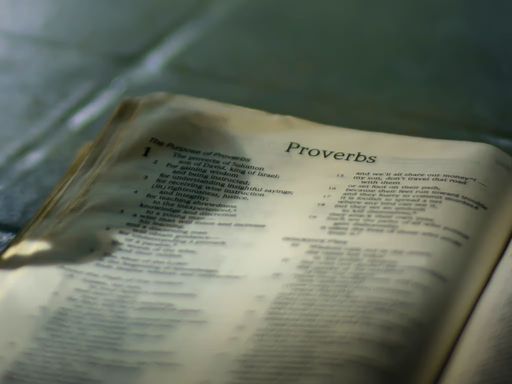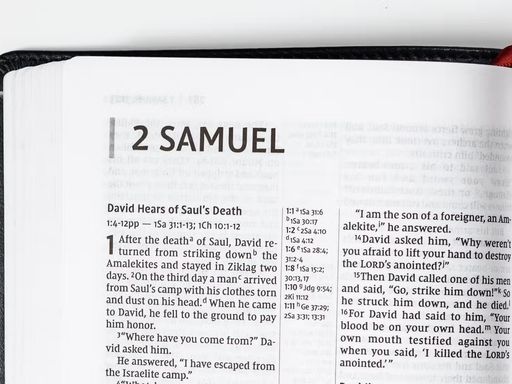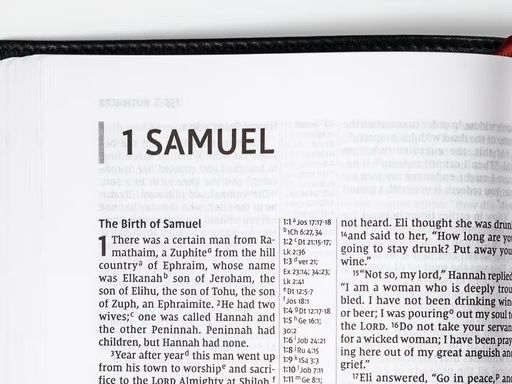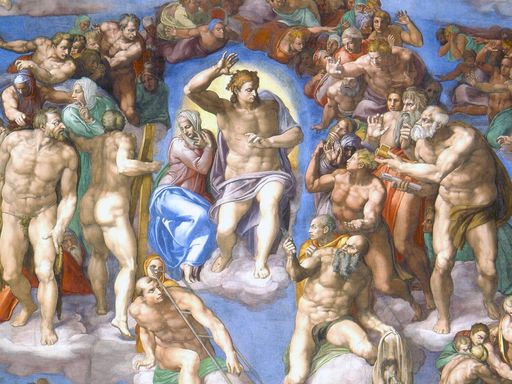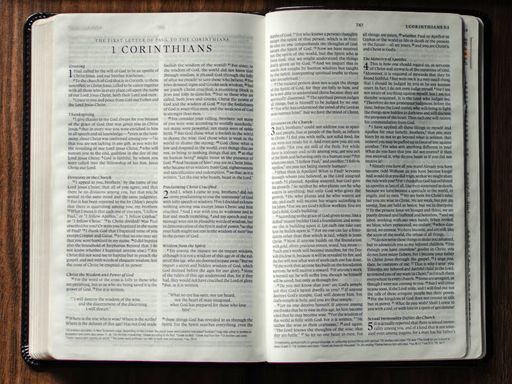
Judges
Steve Gregg
Steve Gregg teaches verse by verse through the Book of Judges in this 16-part series, exploring its historical and cultural context and highlighting the recurring themes of sin, punishment, repentance, and deliverance.
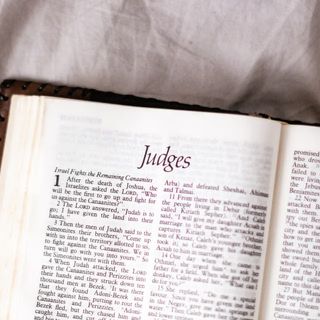
Judges Introduction
Steve Gregg provides an introduction to the book of Judges, which he suggests was likely written by tradition rather than by Samuel. He discusses the political and religious structure of Israel at that time, noting that the people were led by God rather than a king. Gregg also touches on the 13 judg

Judges 1:1 - 2:5
In this lesson, Steve Gregg discusses Judges 1:1 - 2:5, which details the Israelites' struggles to conquer and inhabit the land promised to them by God. Despite their initial victories, they failed to fully possess their inheritance due to factors such as the determination of the Canaanites to dwell

Judges 2:6 - 3:30
Steve Gregg discusses Judges 2:6 - 3:30, focusing on the idea that despite being raised hearing about God, many people do not have a personal experience with Him. He highlights that the test of faith is obedience to God when times are difficult, rather than just when things are easy. Gregg also disc

Judges 4 - 5
In Judges 4-5, Steve Gregg discusses the story of Deborah, the fourth judge of Israel, and her role in leading the Israelites to victory against their oppressors. Gregg addresses the controversy surrounding Deborah’s leadership as a woman and suggests that her appointment was a rare exception rather

Judges 6 - 7
Steve Gregg provides a detailed analysis of Judges 6-7, which concludes with the victory of Israel over the Midianites. The story follows the cycle of sin, punishment, repentance, and deliverance recurring throughout the book of Judges. Gideon, chosen by God as the leader of Israel's army, uses a si

Judges 8 - 9
In Judges 8-9, Gideon ends his pursuit and encounters the tribe of Ephraim who had not yet joined the battle. Gideon's ungrateful people forget his leadership quickly and soon there is no accountability. Abimelech, son of Jeruvah, made himself king and caused chaos through robbery and oppression. Ho

Judges 10 - 11
In Judges 10-11, the Israelites repent of their worship of false gods and cry out to the Lord for help. God chooses Jephthah, who was previously expelled from his home, to lead them in battle against the Ammonites. Jephthah makes a foolish vow to offer up as a sacrifice the first thing that comes ou

Judges 12 - 14
In this segment, Steve Gregg discusses the story of Samson from Judges 12 - 14. He highlights Samson's role as a judge of Israel and the unique circumstances of his birth as a Nazarite. Gregg questions Samson's commitment to his vow, citing his marriage to a Philistine woman and his participation in

Judges 15 - 16
In "Judges 15 - 16", Steve Gregg continues his exploration of the story of Samson. Samson's actions are examined, including his capture and use of 300 foxes to damage Philistine crops. The revenge he seeks against his father-in-law after being deceived is also discussed. The story ultimately leads t

Judges 17 - 18
In this discussion by Steve Gregg, Judges 17-18 is examined as an appendix to the Book of Judges featuring a disconnected series of stories. The first story introduces a man, Micah, who creates his own religious shrine with idols and hires a Levite as his priest, despite the Levites being called upo

Judges 19 - 21
Steve Gregg provides an analysis of Judges 19-21, cautioning against interpreting the stories as attempting to make a broader point about the pitfalls of having a monarchy. The character in the story, while not significant in the grand scheme of things, is depicted as a rotten individual. The high v
